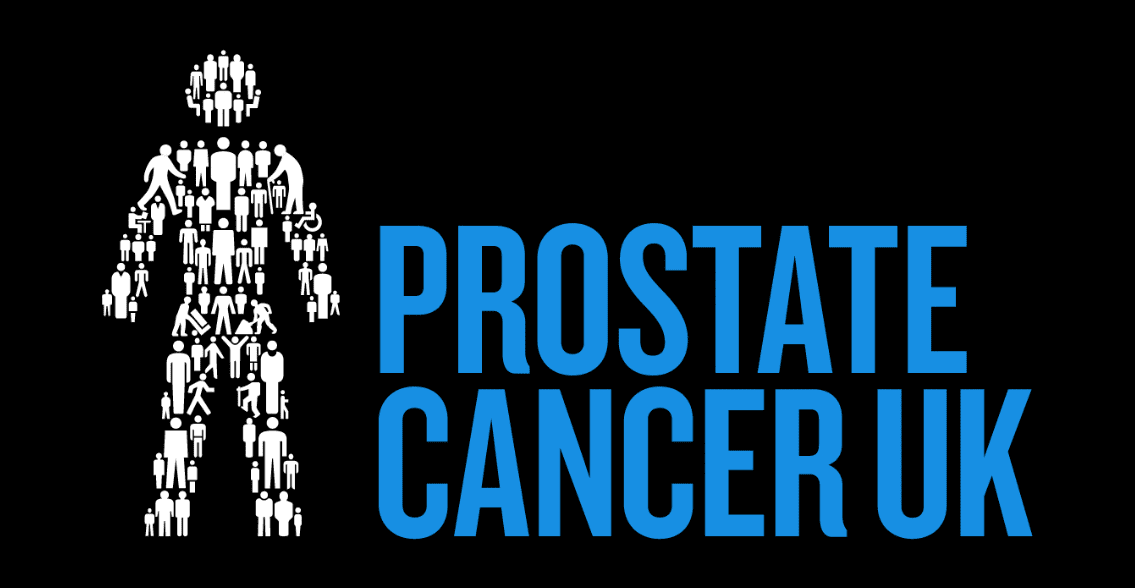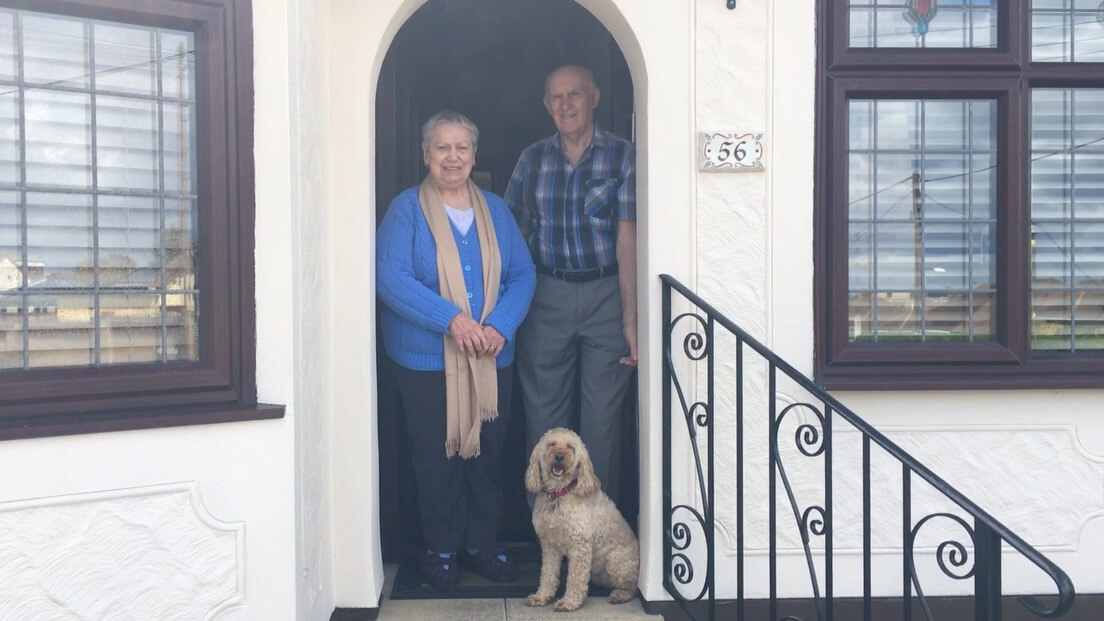
According to Cancer Research UK, one in eight men will be diagnosed with Prostate Cancer at some point in their lives.
Prostate cancer is the most common cancer in men in the UK and there is some evidence that being active might help to lower your risk of developing the potentially fatal disease. Researchers have found a link that being overweight or obese increases your risk of advanced prostate cancer.
Further research shows men who have had certain cancers in the past might also have a slightly increased risk of getting prostate cancer. These cancers include kidney, bladder, lung, thyroid and melanoma skin cancer.
Jaelithe Leigh-Brown, Cancer Research UK Spokesperson for the North East, said: “As with most cancers, the risk of prostate cancer increases with age, and most cases are in people over 50.
“Although there are no known preventable risk factors for prostate cancer, we do know that 1 in 4 of all cancer cases could be prevented by things like not smoking, keeping a healthy weight, cutting back on booze, eating a healthy diet and staying safe in the sun.”
Jaelithe continued: “This doesn’t mean you have to make drastic changes to your life, small changes you can stick with do add up, all helping to reduce your overall cancer risk. Early prostate cancer often has no symptoms but if you notice anything that’s not normal for your body, don’t put it down to getting older, get it checked out. The chances are it’s not cancer, but your doctor will still want to know.”
Recent figures revealed by the ONS show the North East has the highest overall cancer rate, an average of 637.7 people per every 100,000 were diagnosed with all types of cancer in the North East, including Newcastle, Middlesbrough, Durham, Gateshead & Stockton-On-Tees.
The average age for men to be diagnosed with prostate cancer is between 65 and 69 years old and you are two and a half times more likely to get prostate cancer if your father or brother has been diagnosed with it, compared to a man with no family history of prostate cancer.
For more information, visit Cancer Research UK: https://www.cancerresearchuk.org/about-cancer/prostate-cancer/about



